
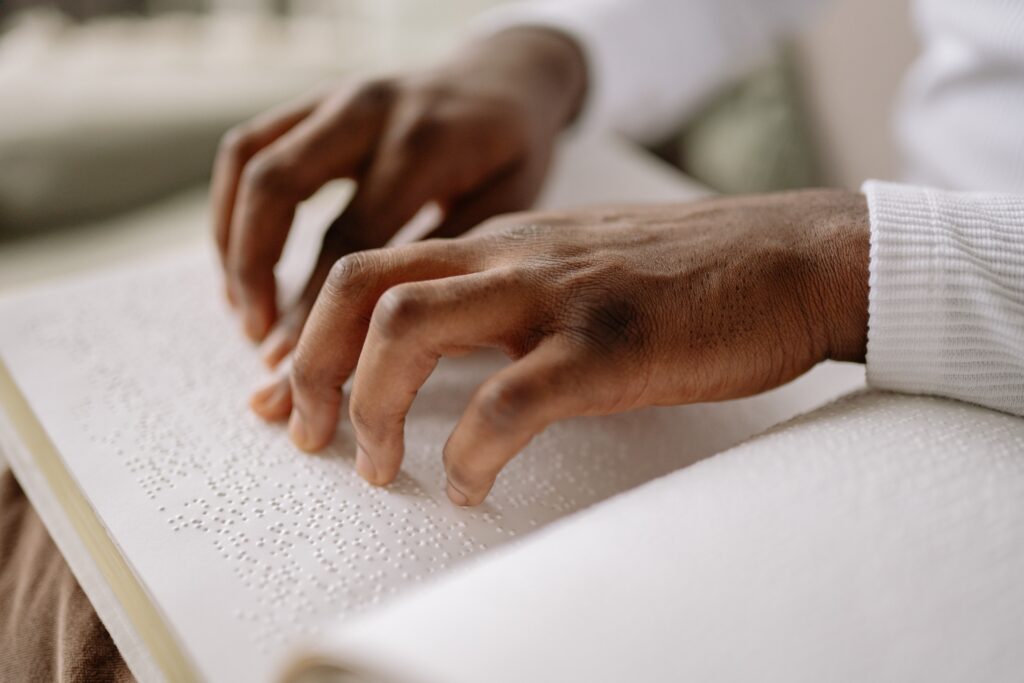
When it comes to climate change and climate justice, marginalised communities in small island developing states (SIDS) often feel the brunt of the negative impacts. These communities face a double whammy: being residents of a small island developing state and also being members of a disadvantaged group of people within their country.
One such community is the blind.
How easily can they access information on climate change? How much information is made available for them to access? Is it enough? If not, how much more needs to be done? Is the provision of climate funding, or lack thereof, from larger countries a contributing factor to this problem, and if so, how can it be addressed?
Local organisations and policies can have set targets on paper, but without adequate funding, converting climate change communication for the blind may continue to fall by the wayside, leaving this community exposed and ignorant to some of the content. It leaves them dependent on other people who are less disenfranchised to relay the information.
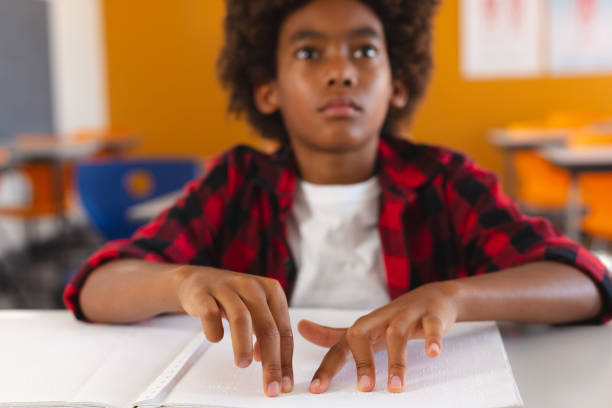
The questions are easy to ask, and the inquiries are equally easy to make. However, I have found that answers are on the other side of the coin, and retrieving them can be painstakingly difficult.
Despite this difficulty, I was fortunate enough to successfully speak with Adrienne Pinnock, manager of corporate communications and public relations at the Jamaica Council for Persons with Disabilities (JCPD).
She shared that her organisation currently houses an informal library with accessible climate change-related content for the disabled community, including the blind.
Very few of our constituents, meaning those people from the disabled community, have approached us to consume material we may have on climate change. What we find is that if we want to inform them, we would have to go where they are and have the conversation.
Adrienne Pinnock, manager of corporate communications and public relations at the Jamaica Council for Persons with Disabilities
“In our library, there is material to support the knowledge base on climate change. Very few of our constituents, meaning those people from the disabled community, have approached us to consume material we may have on climate change. What we find is that if we want to inform them, we would have to go where they are and have the conversation,” she said.
“The library has not yet been properly established and built out but we do have publications that are specific to the community of people with disabilities. We can’t give [the physical content] away as how a regular library would operate, but it is there for use in-house,” she shared.
“Most times, it is the non-disabled people who are accessing the material, whether it be for research or for the preparation for studies. That is the time that you find people accessing the material,” Pinnock added further.
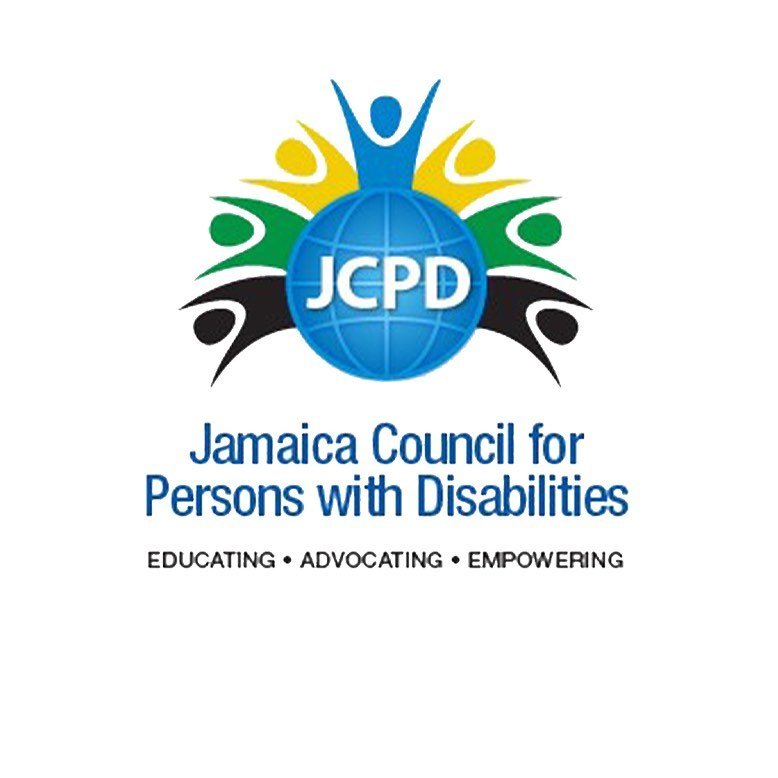
Pinnock said that the limited traffic from the disabled community to consume the material can be attributed to a lack of awareness that the information is easily accessible at the JCPD and also that people are ignorant of the organisation’s functions.
She shared that the Combined Disabilities Association, in 2006, developed a publication called ‘When Disaster Strikes, Be Ready’. It is a survival guide for persons with disabilities in a disaster. This document is accessible to all, including a version in Braille.
“Though dated, the content is still relevant,” she highlighted.
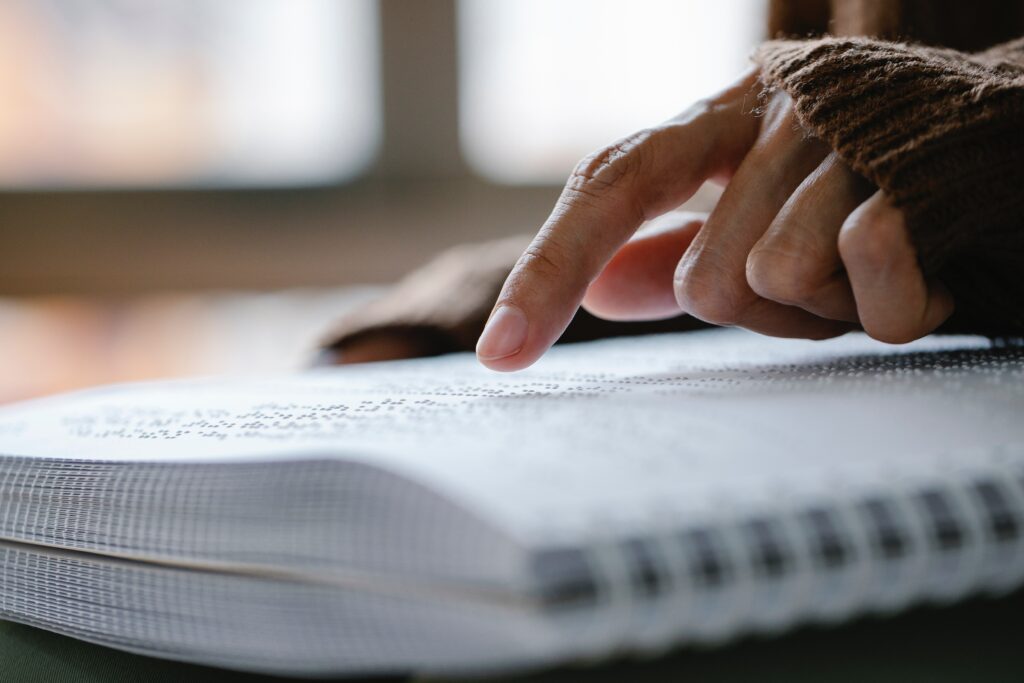
“We have copies of that at the JCPD and we have a copy of a similar publication that came out of an international organisation. However, we don’t have a digitised copy of that one, but our library contains other climate change material where digitised and braille copies are available,” she shared.
She said that with the enactment of the Disabilities Act, the JCPD is embarking on an intent to rebrand itself and to increase awareness about what the organisation offers, what it represents, and what it does to empower the lives of people with disabilities.
She said that there are two levels of awareness.
Climate change is not a very present conversation in the space of disability even though, like everybody else, people with disabilities are impacted. So, people would not think to approach the JCPD to get information.
Adrienne Pinnock, manager of corporate communications and public relations at the Jamaica Council for Persons with Disabilities
“Climate change is not a very present conversation in the space of disability even though, like everybody else, people with disabilities are impacted. So, people would not think to approach the JCPD to get information. Secondly, this is not a part of our branding today. We have information regarding climate change but it may not inform our constituents of the fact that we have relevant information for them,” she added, highlighting that members of the disabled community are more likely to lean on other organisations for information.
The Disabilities Act (2014), mentioned by Pinnock, came into effect on February 14, 2022. This followed the Act’s approval in 2014 and the affirmation of the Disabilities Regulations in 2021. The Act makes provisions to safeguard and enhance the welfare of persons with disabilities across Jamaica. It also aims to protect and promote equal rights for the disabled and prohibits discrimination against them, in accordance with the United Nations Convention on the Rights of Persons with Disabilities (PWDs), of which Jamaica is a signatory.
However, it is not explicitly clear how the disabled community, including the blind, is impacted by disaster preparedness and climate change concerns.
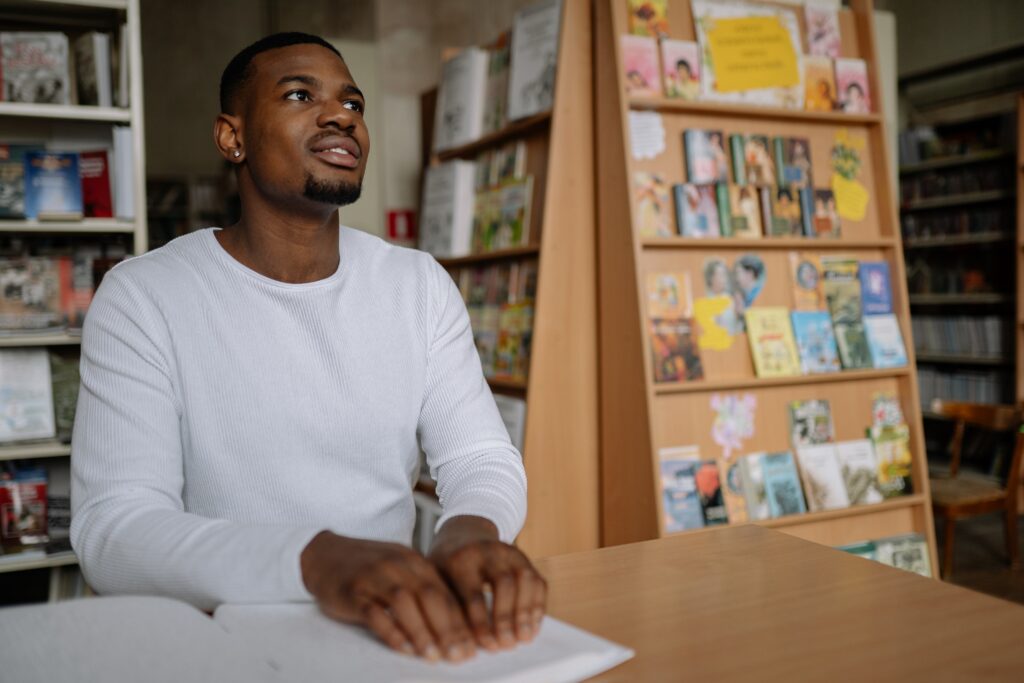
In 2022, experts of the Committee on the Rights of Persons with Disabilities, though pleased with the Act, questioned a Jamaican delegation about how specific measures are being taken to include persons with disabilities in disaster preparedness.
In response to those questions, the delegation explained that Jamaica has a high exposure to natural disasters, including hurricanes, storms, flowing landslides, and earthquakes. These events regularly impact the lives of persons with disabilities and cause the destruction of infrastructure.
In the event of a natural disaster, persons with disabilities are said to be the first to receive assistance. The delegation said that there were challenges in early warning systems, and several attempts had been made to establish technological systems that would allow all people, including the deaf, to communicate with first responders.
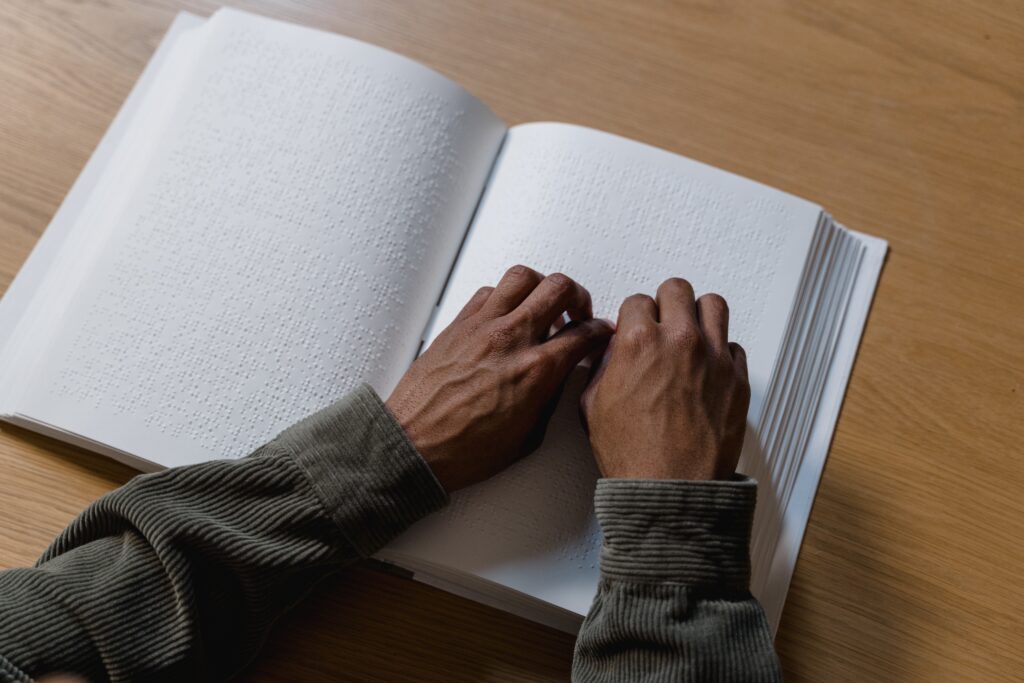
In early June, Antoinette Aiken, a sign-language interpreter and advocate for persons with disabilities, challenged the Office of Disaster Preparedness and Emergency Management (ODPEM) after the organisation declared that their communication system, which includes sirens, radio messages, and tones for the deaf and hard of hearing community, was one of the most comprehensive and robust in the world.
She said that a deaf person may not get the messages sent through phones and radios.
“What access are you really providing for a deaf person? What happens when a hurricane comes? What happens if a tsunami comes? What access are you providing for that deaf person? They need communication access. They need to know that there is an emergency. During Hurricane Sandy (2012), a lot of deaf people had no idea, literally, until the day it came and that’s their experience every day.”
In 2021, ODPEM developed and distributed earthquake safety information and emergency numbers in braille for the vulnerable group of visually impaired and blind Jamaicans.
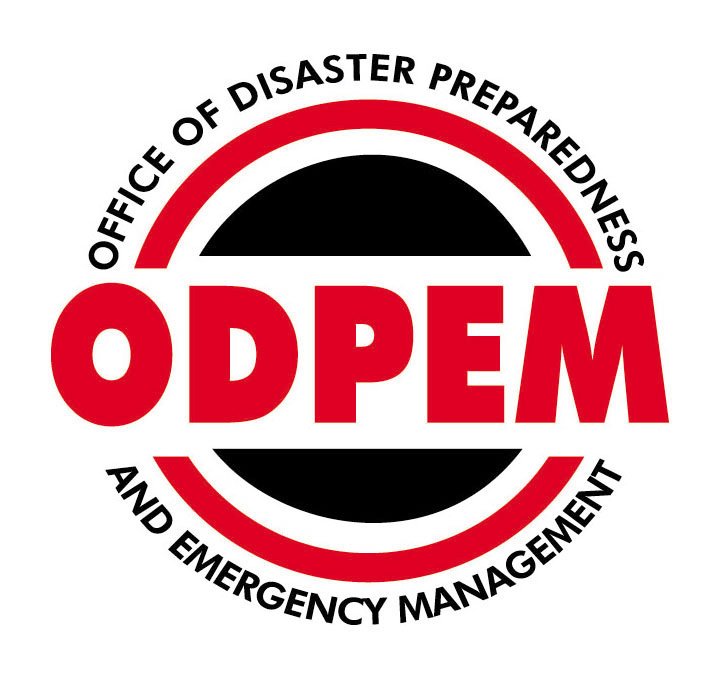
However, more is needed because access goes beyond earthquake-related and subsequent tsunami information.
Though this piece is just one aspect of climate change communication for the disabled community, it is crucial to explore. In order to ask more relevant questions, a deeper understanding is required of the current on-the-ground reality.
We have to come to terms with the fact that the conversation on climate change across the board is not yet at the point where we can comfortably say that the disabled community is equitably included in accessing climate change material.
As far as climate finance for the country is concerned, Jamaica has actively been engaged in discussions about securing funding to address climate change concerns.

For example, there is a Climate Change Policy Framework with a Climate Financing Strategy to support the country in responding to the impact of climate change on the country.
Jamaica also joined the Coalition of Finance Ministers for Climate Action, which was launched in April 2019 by the World Bank that states that the coalition was designed to accelerate climate action in economic and financial policies through collaborative strategies. Jamaica was the first country in the English-speaking Caribbean to join the coalition.
It is said the Coalition abides by seven principles which are designed to support finance ministers as they share best practices and experiences on macro, fiscal, and public financial management policies for low-carbon transformation.
It was also reported in May of this year that the country is set to benefit from a £7-million package to increase the country’s access to climate financing.
The package delivers on a promise that was made by the Foreign, Commonwealth, and Development Affairs office in the United Kingdom at the 26th United Nations Climate Change Conference (COP26).
It is said that a fund will be set up, to which others will contribute. They will provide support for increasing climate resilience across key sectors. Once it is proven that it can work in Jamaica, other Caribbean countries will be encouraged to do likewise.
But the questions remain: how will the policy framework and potential funding be used, and how will all people, including the disabled community, benefit? Will organisations such as the JCPD benefit and be able to convert content into an accessible format for the blind, deaf, and other persons from the disabled community?
So many questions to be answered.
This story was published with the support of The Climate Justice Journalism Fellowship, which is a joint venture of Climate Tracker and Open Society Foundations.
Send feedback to [email protected]
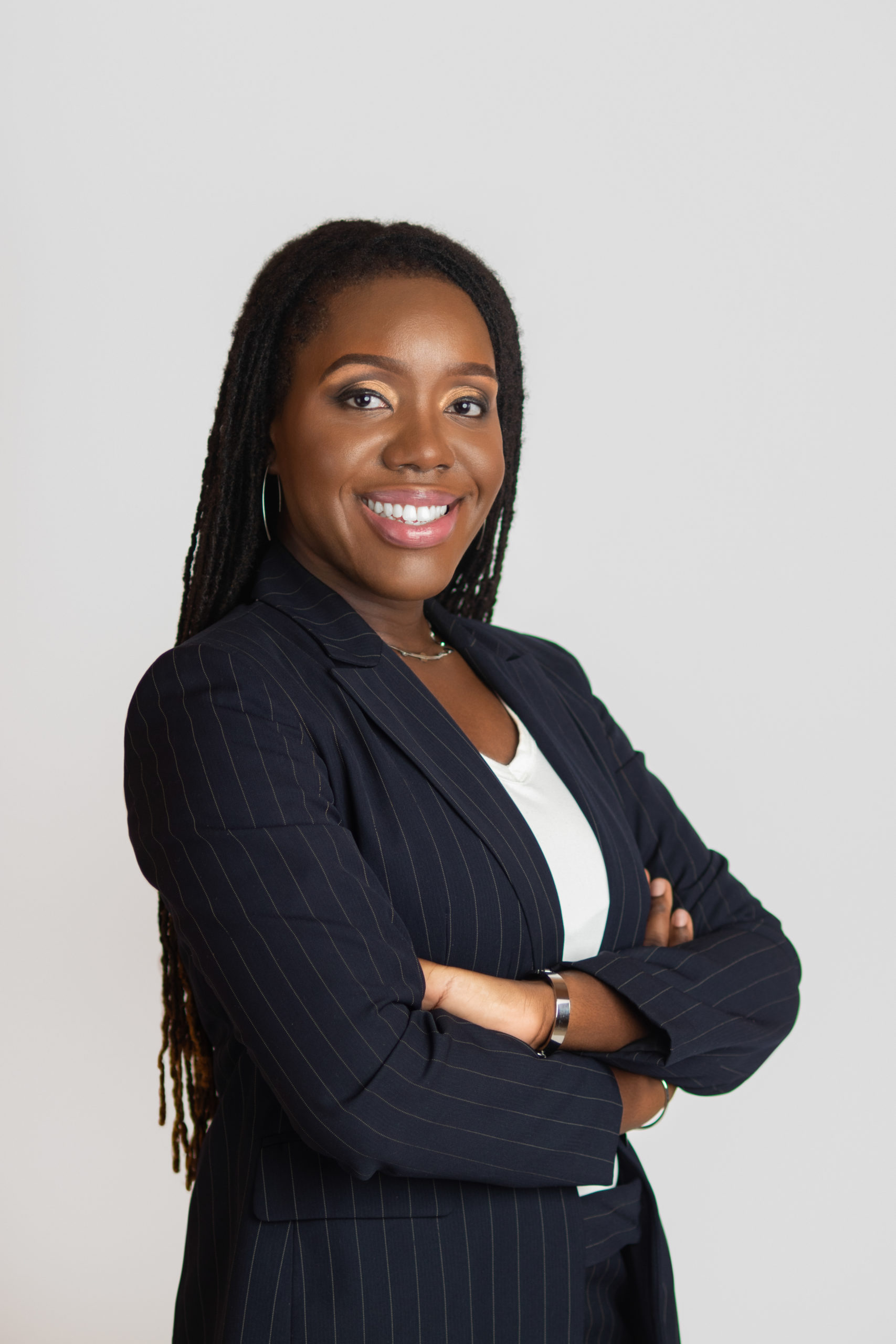
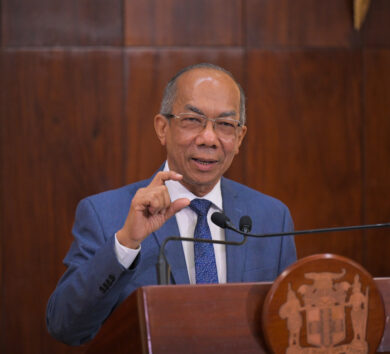
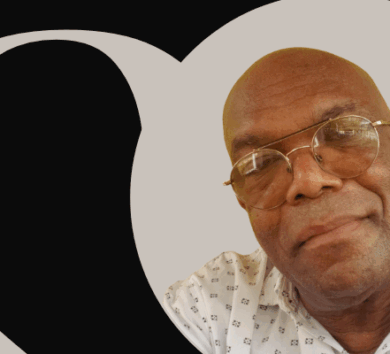
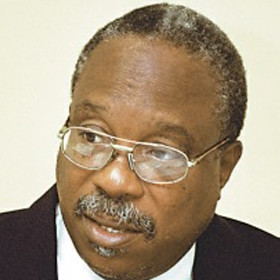
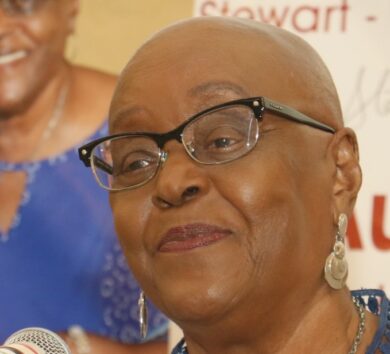
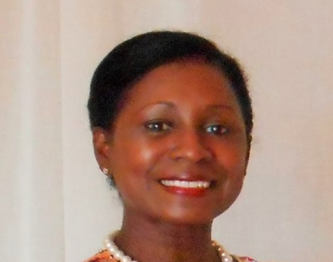
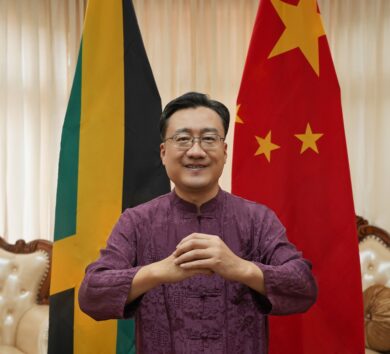
Comments